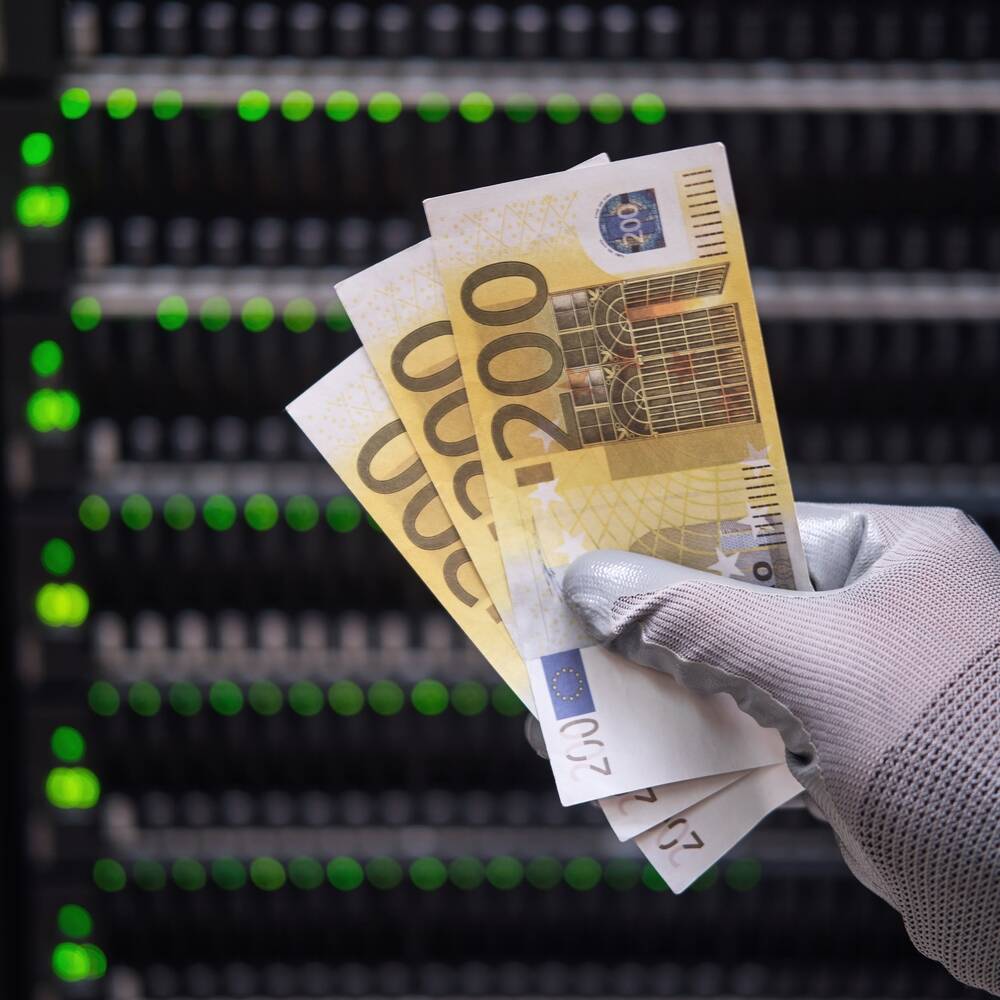Microsoft has committed to investing €3.2 billion (£2.7 billion, $3.4 billion) in AI infrastructure and datacenters in Germany within the next two years. This substantial investment marks Microsoft’s most significant single financial commitment in Germany since establishing its presence in the country back in 1983. The funds will be allocated towards enhancing cloud capabilities in Frankfurt and establishing new datacenters in North Rhine-Westphalia.
Brad Smith, the President of Microsoft, highlighted the escalating demand for computational resources in Germany, particularly as various industries increasingly explore the potential of artificial intelligence. He emphasized the growing need for AI applications in pivotal economic sectors such as manufacturing, automotive, financial services, pharmaceuticals, life sciences, and medical technology. Smith underscored the importance of empowering German companies with cutting-edge technology to navigate the evolving business landscape effectively.
Prominent German enterprises like Siemens have already adopted Microsoft’s Azure OpenAI services for coding purposes. Bayer, a leading pharmaceutical and biotech company, leverages Microsoft’s 365 Copilot to assist employees in summarizing email content and drafting reports. Additionally, Commerzbank is reportedly in the process of developing a virtual AI banking assistant.
German Chancellor Olaf Scholz expressed optimism regarding the investment’s potential to drive AI innovation and reinforce Germany’s dynamic economy. He lauded Microsoft’s billion-dollar commitment as a significant boon for the country’s business environment, emphasizing the positive impact on regional development and technological advancement.
Microsoft has also outlined plans to facilitate the upskilling of over 1.2 million workers by 2025, focusing on enhancing digital literacy and promoting responsible AI utilization. This initiative aims to educate individuals on AI concepts and best practices, including obtaining the first professional generative AI certificate in Germany.
The strategic emphasis on OpenAI has propelled Microsoft’s AI and cloud computing business, catapulting the company’s market capitalization beyond $3 trillion. In alignment with EU regulations, Microsoft has assured customers the option to store and process personal data, even when pseudonymized, on servers located within Europe to adhere to the EU Data Boundary requirements.
Furthermore, Microsoft’s investment mirrors a broader trend among major cloud providers seeking to expand their presence in Europe. Amazon, for instance, is preparing to launch its AWS European Sovereign Cloud to comply with regulatory frameworks, although specific details regarding the datacenter locations are yet to be disclosed.










